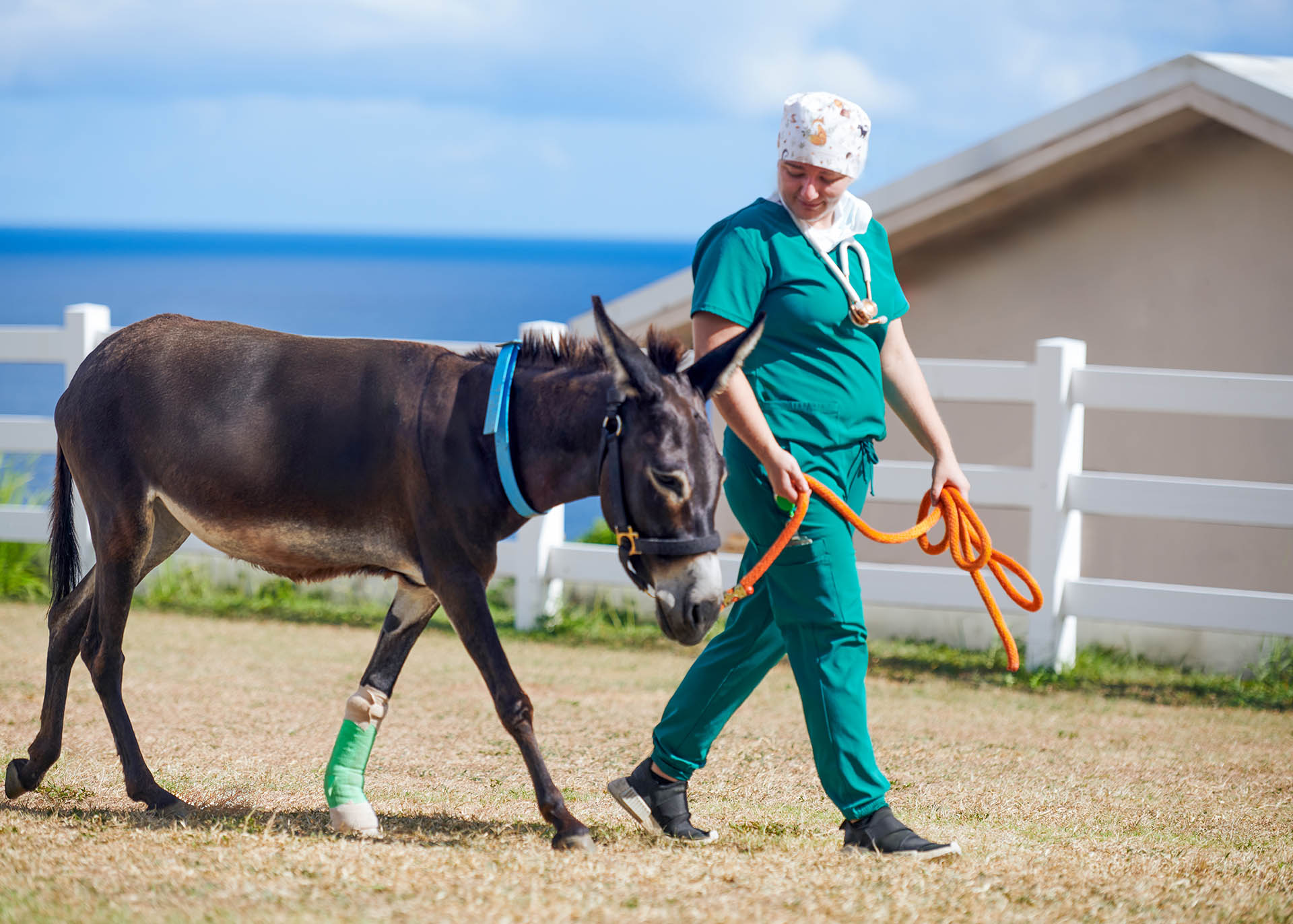
OPPORTUNITY OF A LIFETIME
Surround yourself with majestic ocean views, fields of animals, and an energetic buzz from students and colleagues who share your passion for veterinary medicine
The window to submit your VMCAS application ends in…
DAYS
HOURS
MINUTES
SECONDS
Apply Now to start earning your DVM in January, May, or September!
ACCREDITED*
ACCELERATED
HANDS ON
WHY ROSS VET?

GO FROM ANIMAL LOVER TO EXTRAORDINARY VETERINARIAN
Technologically advanced classrooms and facilities, a dynamic curriculum, and students and faculty from around the world come together on the culturally distinct island of St. Kitts to create our academic environment.
Learn It. Live It.
Make an Impact

GO FROM ANIMAL LOVER TO EXTRAORDINARY VETERINARIAN
Technologically advanced classrooms and facilities, a dynamic curriculum, and students and faculty from around the world come together on the culturally distinct island of St. Kitts to create our academic environment.
Learn It. Live It.
Our regional location offers unique opportunities to get up close and personal with a variety of local species. Not just cats and dogs - you could get hands-on experience with terrestrial, avian, and marine wildlife native to the island.
Make an Impact
Get involved and help solve real-world challenges in St. Kitts.Volunteer in community spay and neuter programs, monitor local sea turtle populations, or help rehabilitate injured wildlife through club involvement.
Doctor of Veterinary Medicine (DVM)
- 3 start dates a year: January, May, and September
- Study and live in St. Kitts for 2.25 years before returning to the US, Canada, or abroad to complete your clinical year
- Upon graduation and passing the North American Veterinary Licensing Examination, you will be eligible to practice in the US, Canada, and Puerto Rico
-62c8cd7bac99af988097e9ea6efa9aa13ab34637.jpg?v=09282022160800)
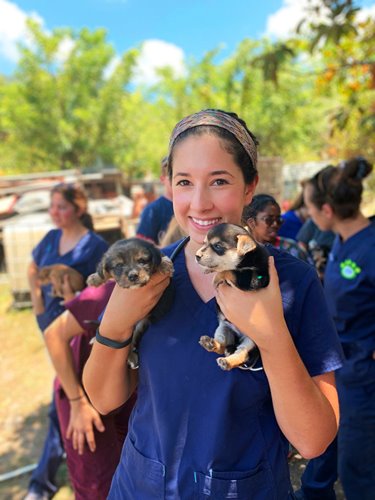
Vet Prep Program
- 1-semester bridge program that teaches foundational knowledge, skills, and terminology to set you up for success for the DVM program
- Hands-on learning and animal experience through coursework and wet labs
- Upon passing, you are guaranteed a spot in the next first-semester class of the DVM program
Doctor of Veterinary Medicine (DVM)
- 3 start dates a year: January, May, September
- Study and live in St. Kitts for 2.25 years before returning to the US, Canada, or abroad to complete your clinical year
- Upon graduation and passing the North American Veterinary Licensing Examination, you will be eligible to practice in the US, Canada, and Puerto Rico
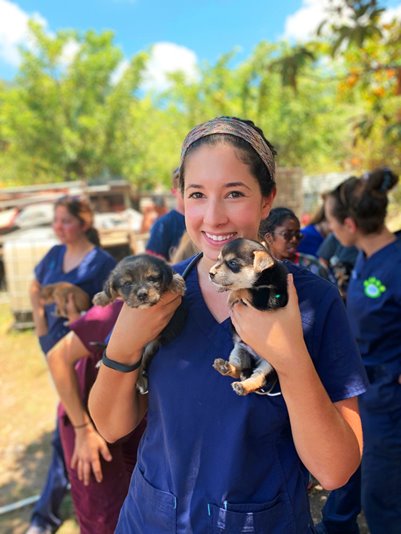
Doctor of Veterinary Medicine (DVM)
- 3 start dates a year: January, May, September
- Study and live in St. Kitts for 2.25 years before returning to the US, Canada, or abroad to complete your clinical year
- Upon graduation and passing the North American Veterinary Licensing Examination, you will be eligible to practice in the US, Canada, and Puerto Rico


Doctor of Veterinary Medicine (DVM)
- 3 start dates a year: January, May, September
- Study and live in St. Kitts for 2.25 years before returning to the US, Canada, or abroad to complete your clinical year
- Upon graduation and passing the North American Veterinary Licensing Examination, you will be eligible to practice in the US, Canada, and Puerto Rico
-5bf02de111ec0e152feca3d92d91c619bf447d11.jpg?v=10052022113904)
Vet Prep Program
- 1-semester bridge program that teaches foundational knowledge, skills, and terminology to set you up for success for the DVM program
- Hands-on learning and animal experience through coursework and wet labs
- Upon passing, you are guaranteed a spot in the next first-semester class of the DVM program
-5bf02de111ec0e152feca3d92d91c619bf447d11.jpg?v=10052022113904)
Vet Prep Program
- 1-semester bridge program that teaches foundational knowledge, skills, and terminology to set you up for success for the DVM program
- Hands-on learning and animal experience through coursework and wet labs
- Upon passing, you are guaranteed a spot in the next first-semester class of the DVM program
-5bf02de111ec0e152feca3d92d91c619bf447d11.jpg?v=10052022113904)
Vet Prep Program
- 1-semester bridge program that teaches foundational knowledge, skills, and terminology to set you up for success for the DVM program
- Hands-on learning and animal experience through coursework and wet labs
- Upon passing, you are guaranteed a spot in the next first-semester class of the DVM program
Graduate Programs
- Graduate Certificate in One Health
- Master of Science (MSc) in One Health
- Master of Science (MSc) by Research
- Doctor of Philosophy (PhD) by Research
.jpg?v=10052022114308)
Graduate Programs
- Graduate Certificate in One Health
- Master of Science (MSc) in One Health
- Master of Science (MSc) by Research
- Doctor of Philosophy (PhD) by Research
.jpg?v=10052022114308)
.jpg?v=10052022114308)
Graduate Programs
- Graduate Certificate in One Health
- Master of Science (MSc) in One Health
- Master of Science (MSc) by Research
- Doctor of Philosophy (PhD) by Research
.jpg?v=09282022171539)
Come Ready to learn, leave ready to practice
Prepare for all facets of your veterinary career with Ross Vet’s accelerated curriculum. You’ll receive a world-class education on our technologically advanced campus, while growing in the culturally distinct and empowering environment of St. Kitts.
DOCTOR OF VETERINARY MEDICINE (DVM)
- 3 start dates a year: January, May, and September
- 10 semester curriculum is designed to be taken year-round without summers off
- Upon graduation and passing the North American Veterinary Licensing Examination you will be eligible to practice in the US, Canada, and Puerto Rico
- Option to complete your DVM and MSc at the same time by adding only one additional semester when you choose the integrated DVM/MSc option
VET PREP PROGRAM
- 1-semester bridge program that teaches foundational knowledge, skills, and terminology to set you up for success (and even give you a head start) in the DVM program
- Hands-on learning and animal experience through coursework and wet labs
- Upon passing, you are guaranteed a spot in the next first-semester class of the DVM program
GRADUATE PROGRAMS
- Graduate Certificate in One Health
- Master of Science (MSc) in One Health
- Master of Science (MSc) by Research
- Doctor of Philosophy (PhD) by Research
DOCTOR OF VETERINARY MEDICINE (DVM)
- 3 start dates a year: January, May, and September
- 10 semester curriculum is designed to be taken year-round without summers off
- Upon graduation and passing the North American Veterinary Licensing Examination you will be eligible to practice in the US, Canada, and Puerto Rico
- Option to complete your DVM and MSc at the same time by adding only one additional semester when you choose the integrated DVM/MSc option
VET PREP PROGRAM
- 1-semester bridge program that teaches foundational knowledge, skills, and terminology to set you up for success (and even give you a head start) in the DVM program
- Hands-on learning and animal experience through coursework and wet labs
- Upon passing, you are guaranteed a spot in the next first-semester class of the DVM program
GRADUATE PROGRAMS
- Graduate Certificate in One Health
- Master of Science (MSc) in One Health
- Master of Science (MSc) by Research
- Doctor of Philosophy (PhD) by Research
ST. KITTS: AN ISLAND RICH WITH OPPORTUNITIES
ST. KITTS: AN ISLAND RICH WITH OPPORTUNITIES

The Ross Vet campus is located on the island of St. Kitts in the West Indies, approximately 220 miles southeast of San Juan, Puerto Rico. Here, in this unique tropical environment, students have the opportunity for an educational and cultural experience all at the same time.
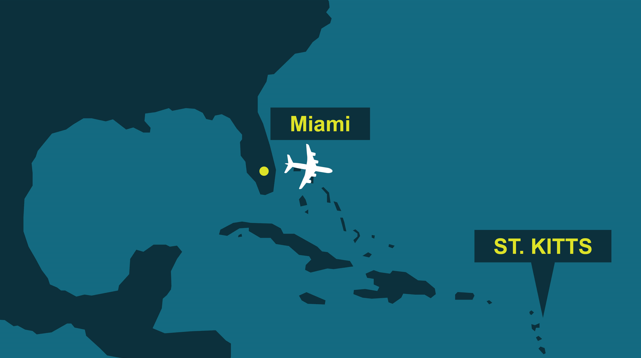
QUICK FACTS
Primary Language Spoken: English
Size: 67 square miles
Population: 40,000+
Economy: Primarily tourism, supplemented by agriculture
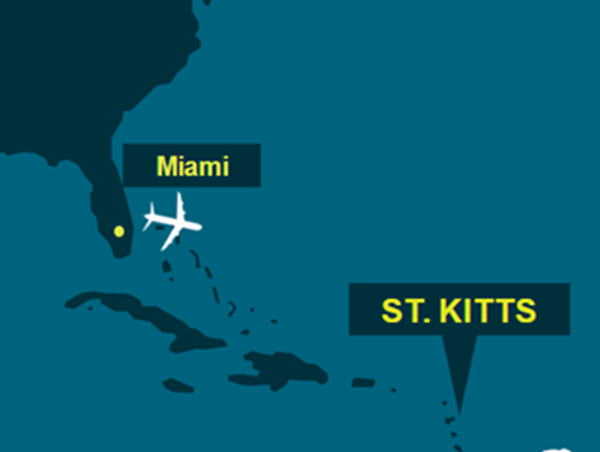
The Ross Vet campus is located on the island of St. Kitts in the West Indies, approximately 220 miles southeast of San Juan, Puerto Rico. Here, in this unique tropical environment, students have the opportunity for an educational and cultural experience all at the same time.
ST. KITTS: AN ISLAND RICH WITH OPPORTUNITIES

The Ross Vet campus is located on the island of St. Kitts in the West Indies, approximately 220 miles southeast of San Juan, Puerto Rico. Here, in this unique tropical environment, students have the opportunity for an educational and cultural experience all at the same time.

QUICK FACTS
Primary Language Spoken: English
Size: 67 square miles
Population: 40,000+
Economy: Primarily tourism, supplemented by agriculture
Life In St. Kitts
.jpg?v=09282022171539)
STUDENT CLUBS AND ORGANIZATIONS
As a Ross Vet student you can join a variety of clubs and organizations that help you connect with other students, the island, and the local community. There are also such island events as marathons, triathlons, and hashes (social club runs).
There are plenty of things to do in St. Kitts for friends and family too! Spouses of students who are living on the island can get involved in the Very Important Partner (VIP) Club. The club was established as a support and social group for spouses, partners, and significant others of students attending Ross Vet. Some of the activito venties planned by the VIPs include weekly volleyball games, hikes, trips, and dinners.
.jpg?v=09282022155625)
THE BEST THINGS TO DO IN ST. KITTS
Being on top of your studies as a veterinary student is important, but so is finding balance, and having a little downtime. You can find that and more if you explore St. Kitts and Nevis.
With beautiful beaches, historical sites, and outdoor activities, you will always find things to do in St. Kitts when you need a study break. Students can participate in such activities as diving, snorkeling, hiking, and fishing, or you can just sit back and enjoy the tropical beauty of the islands of St. Kitts and Nevis. For a full list of activities and points of interest, visit the St. Kitts and Nevis Tourism Authorities. Learn more about things to do in St. Kitts here.
.jpg?v=09282022155625)
FREQUENTLY ASKED QUESTIONS
CAN I USE US FEDERAL DIRECT LOANS?
CAN I USE US FEDERAL DIRECT LOANS?
Yes. Qualified students are eligible for US federal direct loans.
HOW LONG WILL I LIVE IN ST. KITTS?
HOW LONG WILL I LIVE IN ST. KITTS?
The first 2.25 years of your DVM program takes place in St. Kitts. The last three semesters (1 year) are completed at an AVMA-accredited school or college of veterinary medicine in the US, Canada or abroad.
How long does the DVM program take to complete?
How long does the DVM program take to complete?
Ross Vet’s accelerated DVM program is designed to be completed in 10 semesters, or 3.25 years. The first seven semesters are spent completing preclinical curriculum on our campus in St. Kitts. After that, students undergo three semesters of clinical application at one of our AVMA-accredited affiliate schools.
What is the DVM curriculum like?
How long does the Ross Vet DVM program take to complete?
What is Vet Prep?
What is Vet Prep?
What is Vet Prep?
Ross Vet offers a one-semester Veterinary Preparatory (Vet Prep) program for students who may benefit from specific courses that will enhance the likelihood of their success in veterinary school. If you are offered Vet Prep and pass, you will be guaranteed a spot in the next first-semester class of the DVM program.
DOES ROSS VET REQUIRE THE GRE?
DOES ROSS VET REQUIRE THE GRE?
The GRE is not required to apply to Ross Vet. However, applications that include the GRE, regardless of GRE score, will be given priority in the review process. At Ross Vet, we know there is more to your story than GPA and GRE, and that’s why we take into account each applicant’s unique attributes and experiences in addition to important academic elements, such as grade trends over time. Our holistic review process helps ensure every applicant is thoroughly evaluated as an individual and has an opportunity for a fair shot at gaining admission to the DVM program.. Please visit our website for the most up-to-date information regarding GRE.
Will I still be able to use Grad PLUS loans after July 1, 2026?
Will I still be able to use Grad PLUS loans after July 1, 2026?
The new legislation eliminates the Grad PLUS loan program for graduate and professional students, including those in veterinary medicine. Future borrowing will be limited to Direct Unsubsidized Loans, which have lower annual and aggregate limits.
How will these changes affect current veterinary students?
Students who have taken out loans before July 1, 2026, are generally exempt from the new borrowing limits for up to three academic years or until they complete their program, whichever comes first.
What are the new borrowing limits for veterinary students starting after July 1, 2026?
What are the new borrowing limits for veterinary students starting after July 1, 2026?
Starting July 1, 2026, veterinary students will face new borrowing limits on federal student loans. They will be able to borrow up to $50,000 annually through Direct Unsubsidized Loans. Over the entire course of their veterinary education, the aggregate borrowing limit will be capped at $200,000. Additionally, there is a lifetime borrowing limit of $257,500 that applies to all federal student loans combined.
What if my veterinary school’s cost of attendance exceeds these limits?
If your total cost of attendance is higher than the federal loan limits, you may need to look into other ways to cover the difference, such as private loans. Our Office of Student Finance is here to help. Email [email protected] to discuss your options and create a plan that fits your financial situation.
ATTEND A ROSS VET EVENT
Join us online or in-person to learn more about Ross Vet and discover our community.

“Having access to so many different types of animals on the island during my vet school career was the best thing that could have happened. And I think it just broadens our horizon of being doctors and not just doing small animal or just doing large animal. We had to do both, and I loved it.”
Peyton Mart, DVM '24








